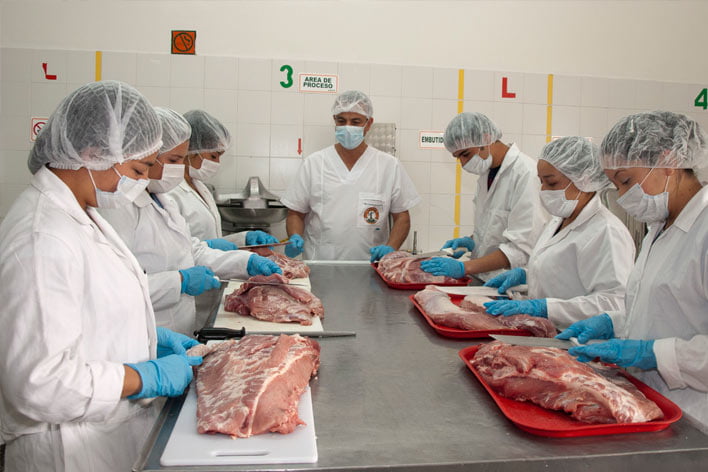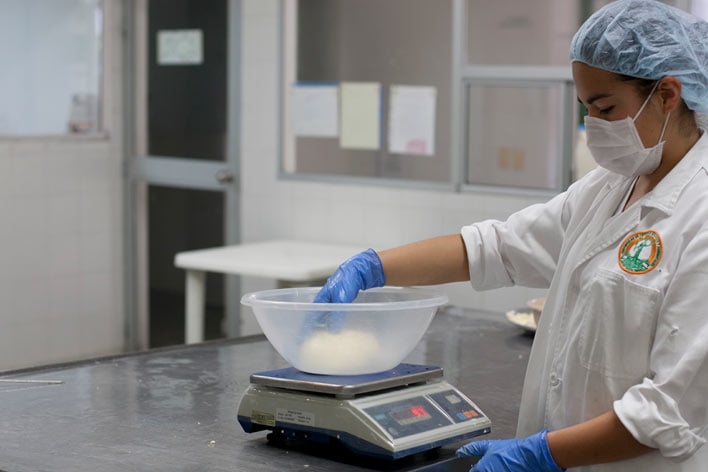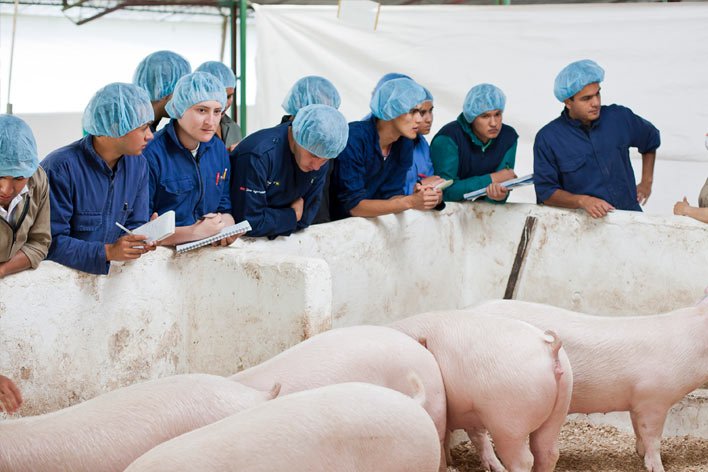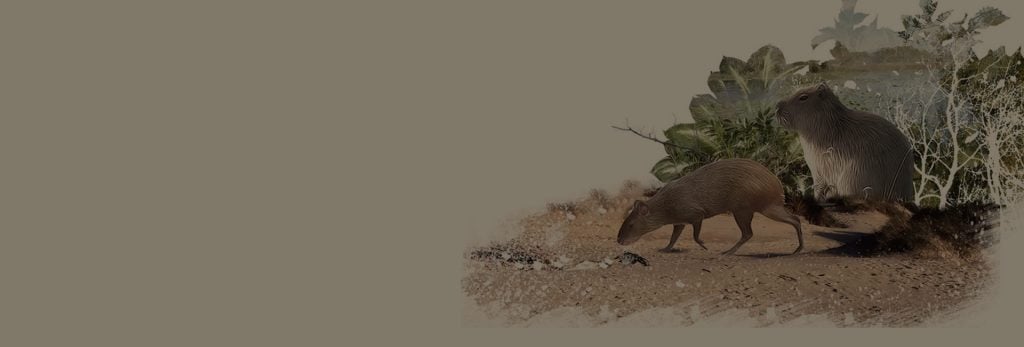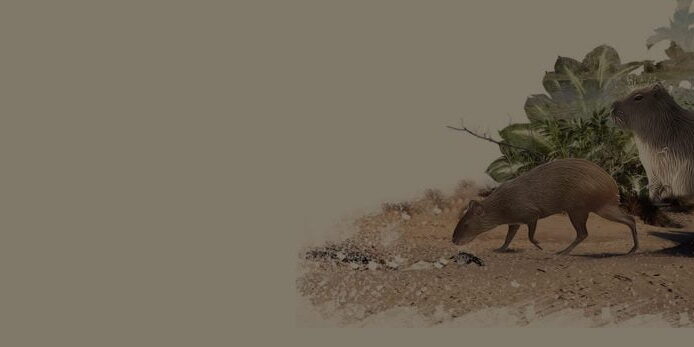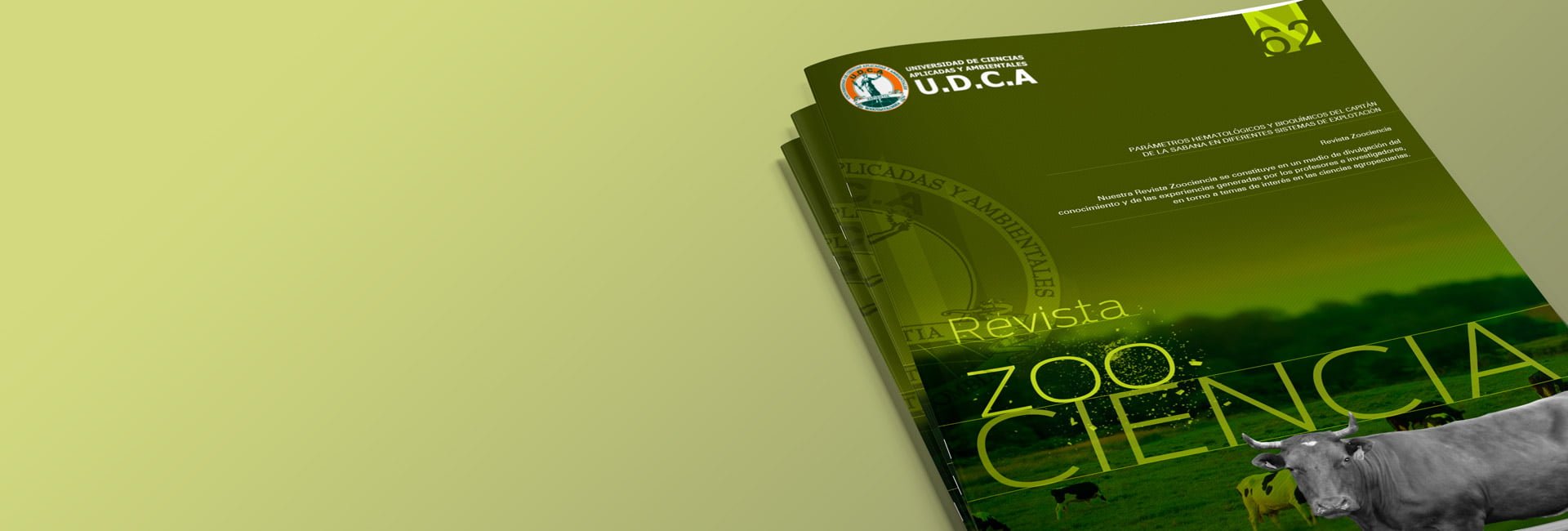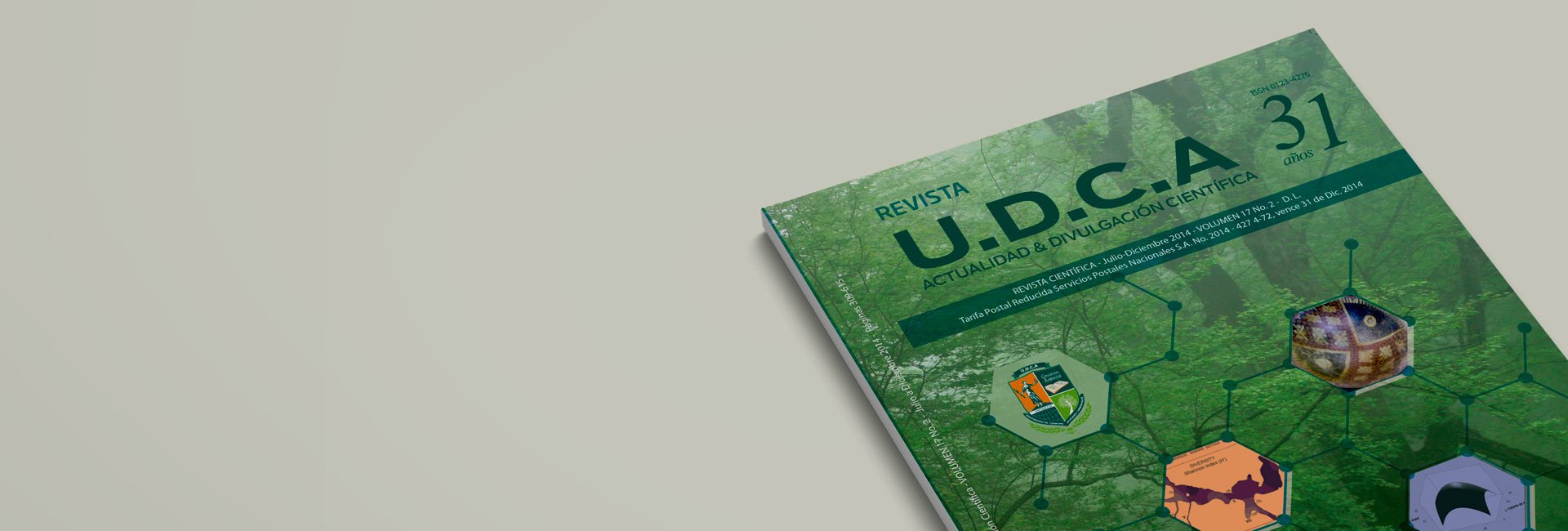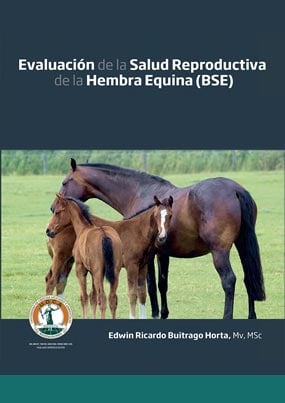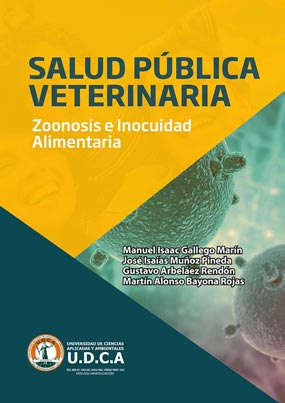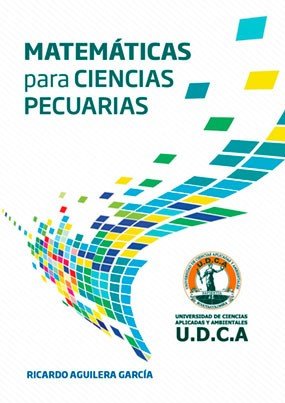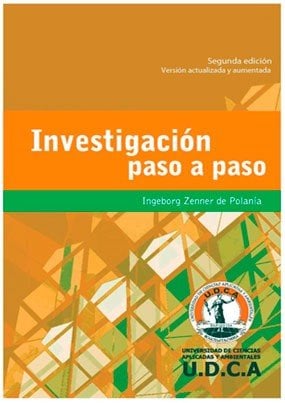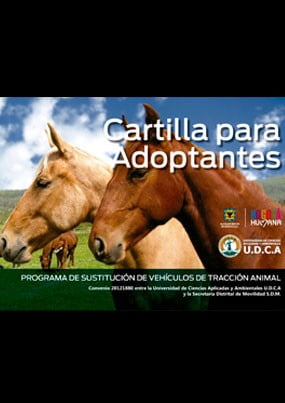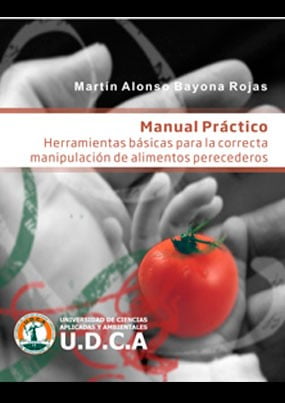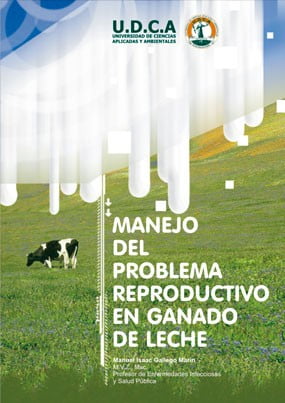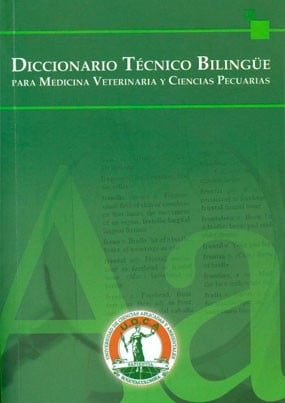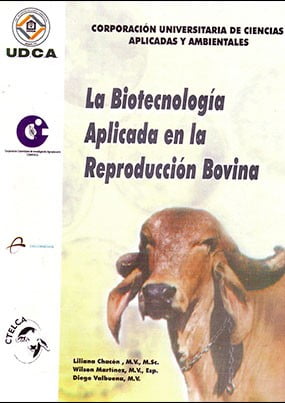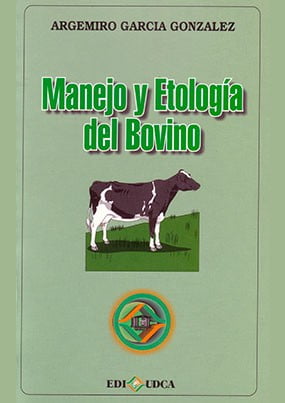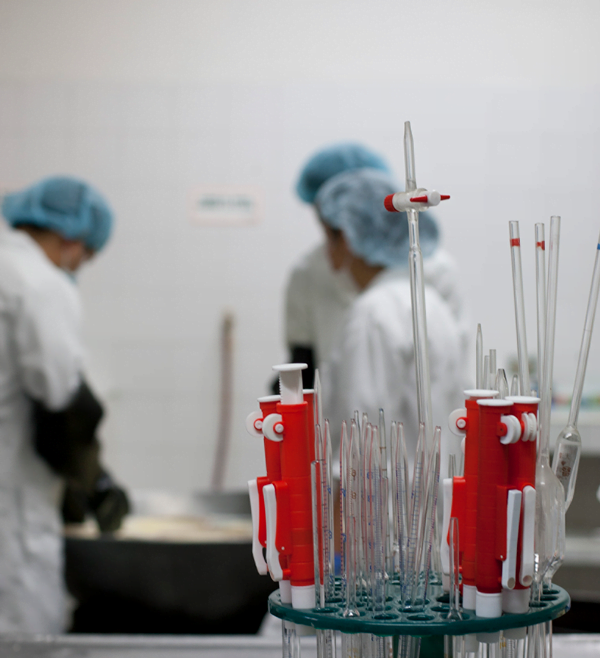
Degree Obtained: Zootechnician
Level of training: University Professional
Duration: 10 semesters
Mode: Presential
SNIES Code: 21475
Qualified Registration: Resolution No. 18050 of September 28, 2020, granted by MINEDUCACIÓN.
High Quality Accreditation: Resolution No. 18050 of September 28, 2020.
Total Credits: 180
Number of Credits I Semester: 12
Credit value Year 2024: $539.000
Tuition Value I Semester Year 2024: $ 6.468.000 *
Location: Calle 222 # 55 – 37
Contact: Diana Lorena Marentes
Telephone: (60 1) 6684700, extension: 166 – 119
E-mail: [email protected]
*The tuition fee from the second academic semester onwards will depend on the number of academic credits enrolled by the student.
We are a University with High Quality Institutional Accreditation: Resolution 017390 of December 27, 2019 (for 4 years), granted by MINEDUCATION.
¡STUDY ZOOTECHNICS AT U.D.C.A.!
Become a professional in zootechnics with the ability to analyze problems holistically, intervene with solvency in the different production systems of the Colombian tropics, provide comprehensive, environmental, productive and food security solutions that contribute to increased production and productivity, respecting natural resources, transforming your environment and contributing to the construction of a better future.
You will have access to our production area “El Remanso”, dairy and meat plant, laboratories, and our national and international agreements for internships, semesters abroad and research projects.
Mission
The Zootechnics program seeks to train professionals capable of understanding the economic and social situation that the country is experiencing today, particularly in the rural sector. Through its scientific, technological and humanistic training, it can contribute to the construction of a more equitable and inclusive society. It is capable of intervening with solvency in the different productive systems of the Colombian tropics, providing integral humanistic, environmental, productive and food security solutions that contribute to the increase of productivity.
Vision
The Animal Husbandry Program will be recognized for training professionals with universal criteria, integral, ethically responsible with human health, generators of new knowledge, with the responsibility of being managers of the sustainable livestock development of the country, capable of participating in the formulation and execution of public policy, and of articulating animal production, conservation of natural resources and environmental protection, maintaining the principles of social equity.
Graduate profile
The Animal Science program trains professionals in animal production, with the capacity to analyze problems in a holistic manner to intervene with solvency in the different production systems of the Colombian tropics, providing integral, environmental, productive and food security solutions that contribute to the increase of production and productivity, respecting the natural resources on which they are based.

OUR RESEARCH GROUPS IN ZOOTECHNICS
OUR MAGAZINES AND PUBLICATIONS OF ZOOTECHNICS
Equine Female Reproductive Health Evaluation
Academic text, which provides a clear and precise orientation on the clinical examination of the equine female and its reproductive anatomy, as well as the practice of the most important diagnostic tests.
Handbook of Veterinary Public Health: Zoonoses and Food Safety
This book becomes a solid support for professors and students of Animal Husbandry, Veterinary Medicine and Zootechnical Veterinary Medicine, as a text of study and contribution to their training in the disciplinary area, aspects as important as the prevention, surveillance and control of diseases, with incidence in public health, as well as food-borne diseases. Livestock Sciences have ceased to be disciplines oriented to the clinical and productive performance of animals, acquiring the character of professions dedicated, preferentially, to the production of food, for a changing and continuously growing population; the prevention and control of zoonotic diseases, that of domestic and wild animals; food safety; preservation of the environment that, hand in hand with Human Medicine, become forgers of the improvement of the conditions and quality of life of the population. population. Two of the foods of animal origin that are indispensable for the correct physical and intellectual development of human beings, especially in children, due to their nutritional contributions, are milk and meat; however, these products, in turn, involve physical, chemical and microbiological hazards, which may present a risk to the health of human beings, especially in immunocompromised populations, due to deficiencies related to economically vulnerable populations, which prevent them from having sufficient availability of these foods. It is also a duty, from the livestock professions, to contribute to humanity, to ensure food security, which, more than food production, is the availability, the presence of food; access, i.e., financial ease to acquire it; proper use, through good health and nutrition practices and the stability of the above over time.
Mathematics for Livestock Science
The purpose of the text Mathematics for Livestock Sciences is to teach basic concepts necessary for the understanding of the subject of mathematics in the area of Livestock Sciences, as well as to serve as support material for the teacher in the development of the subject. The text includes methodological proposals that will allow students to develop their individual work with the permanent support of the teacher, who has the pedagogical and didactic resources to monitor the strengths and weaknesses of their students.
Step-by-step research - Second edition
Today, after 11 years of practice of the mentioned work and under the title Investigación paso a paso, the author updates, incorporates new chapters and revises concepts, all this, product and consequence of her research tasks and practices and of the logical evaluation of this task, in our University. It is also pertinent to point out that the text refers to and merges the new requirements issued by COLCIENCIAS – Publindex, in the sense of approaching, correctly, a research project, either by research groups, young researchers and seedlings, with the logic that leads to its successful execution, to a possible co-financing by State entities or private collaboration and to its future dissemination, at national or international level.
Adopter's booklet
Through the Animal-Drawn Vehicle Replacement Program, under the Agreement 20121880 between the Universidad de Ciencias Aplicadas y Ambientales U.D.C.A. and the Secretaría Distrital de Movilidad S.D.M., supported by Article 98 of the National Land Traffic Code (Law 769 of 2002), which provides for the removal of animal-drawn vehicles in the main cities of the country, the Adopters’ Booklet was prepared, which allows the owner of the animal to assume responsibilities to provide the horse with welfare, enshrined in Colombian law (Law 84 of 1989, by which the National Animal Protection Statute is issued) and in international standards (Universal Declaration of Animal Rights – DUBA, approved by the United Nations).
Basic tools for the correct handling of perishable foodstuffs
To offer the food handler, control and knowledge guidelines, which must be followed at all levels, in order to offer the consumer, food of excellent quality that, in turn, ensure their compliance and welfare. The text allows to acquire knowledge on the importance and handling of food, to develop attitudes of personal conduct that benefit the community: personal hygiene and work organization, to increase the sense of responsibility towards others, due to the importance of the service provided by the food handler. In addition, it describes essential aspects of foodborne diseases and their prevention and highlights the need for cleanliness and disinfection in the preparation and offering of food, so that the incidence of foodborne intoxications and infections can be considerably reduced.
Management of reproductive problems in dairy cattle
The purpose of this text is to present to veterinarians and other related professionals, the reproductive problems related to the multiple infectious entities that affect the performance of beef and dairy cattle, analyzed from a practical point of view and focused as an aid in decision making when faced with the manifestation, diagnosis and control of a given infectious entity. For each of the diseases, the prevalence in the country, the pathogenesis mechanisms essential to apply the most adequate control methods, the diagnostic systems available, as well as the methodology necessary for their interpretation are analyzed. A chapter is also dedicated to analyze the bull, semen and embryo transfer, as one of the causes of reproductive problems in cattle herds and its important role in the manifestation of these diseases.
Bilingual Technical Dictionary for Veterinary Medicine and Livestock Sciences
This dictionary is expressly designed as a practical reference tool for a public interested in the areas of Veterinary Medicine and Animal Husbandry, useful for students, researchers and teachers. It is a text that includes terms and definitions in two languages, of great precision and variety, which allow the user to organize and understand, correctly, the idea he/she wants to learn and communicate. The dictionary includes, in a succinct but complete way, some usual locutions in the specific areas, with their respective English and Spanish grammar, followed by the transcription, under an internal organization designed in two bodies, that is to say, with the due separation of Spanish – English and English – Spanish, arranged as a catalog or alphabetically, so that its consultation is accessible.
Biotechnology Applied to Bovine Reproduction
In the last decades, biotechnologies applied to bovine reproduction have been developed, which have efficiently contributed to increase the reproductive capacity and genetic improvement of cattle breeding. These techniques range from artificial insemination to cloning.
Bovine Ethology and Management
The work consists of five chapters, in which the author addresses the importance of Bovine Management and Ethology, orienting them towards the application of the means and methods available to man to achieve the proposed objective, as easily and quickly as possible, without endangering both the physical integrity of man and the animal being managed.











